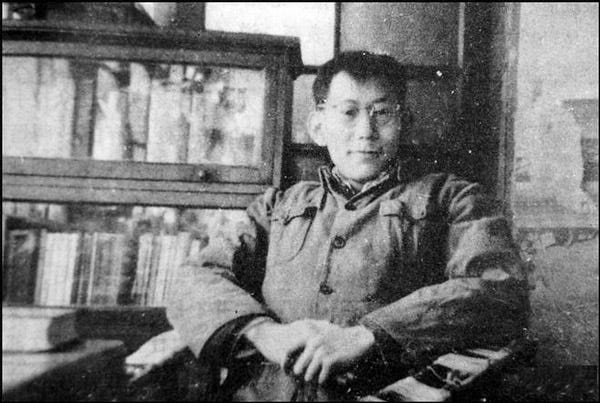Source: China Digital Times (9/23/25)
Netizen Voices: AI Straight-washes Gay Couple in Imported Horror Movie “Together” [Updated: Film Withdrawn]
By Samuel Wade
The critically acclaimed U.S.-Australian body-horror movie “Together” launched in China on September 19. Some viewers noted, alongside cuts to sex scenes, a less familiar and overt form of alteration: one male character in a scene originally depicting a same-sex wedding was digitally replaced with a woman. [Updated on September 25, 2025: The film’s global distributor has blamed its local distributor for the changes, saying “Neon does not approve of Hishow’s unauthorized edit of the film and have demanded they cease distributing this altered version.”] The exact circumstances surrounding the change are unclear, but the following comments, compiled by CDT Chinese editors, illustrate the resulting storm of indignant criticism on film-focused corners of platforms like Douban, Zhihu, and Xiaohongshu (RedNote). Several refer to the Chinese government’s longstanding stance toward homosexuality of 不支持不反对 bù zhīchí bù fǎnduì, or “neither supporting nor opposing.” That purported balance has increasingly tilted toward opposition in recent years, with LGBTQ+ content and organizations facing mounting suppression. Other comments express fear that the face-swapping heralds a new wave of more technologically advanced and less readily identifiable censorship.
rockiron99: The mainland Chinese version of “Together” uses AI technology to “face swap” a same-sex couple from the original film into a straight couple. If they just deleted scenes, we could work it out by watching BluRay or streaming versions, and even scene alterations like cropping, dimming, or photoshopping in skirts could be fairly readily identified. But the evolution of alteration methods like this AI face-swapping is terrifying … in the future, we won’t even be able to tell if we’re watching the original film or not.
Superbia: We’ve reached the point where it’s not a matter of cuts, but of falsification and misrepresentation.
有劳犬子费心了: This is nauseating because it not only interferes with the integrity of the plot, it disrespects the sexual orientation of the actors. Congrats to those Chinese with thin skins for pioneering this new mode of film import. Next time, they might as well straight-swap “Call Me by Your Name” for hetero screenings. Continue reading AI straight-washes gay couple in ‘Together’












